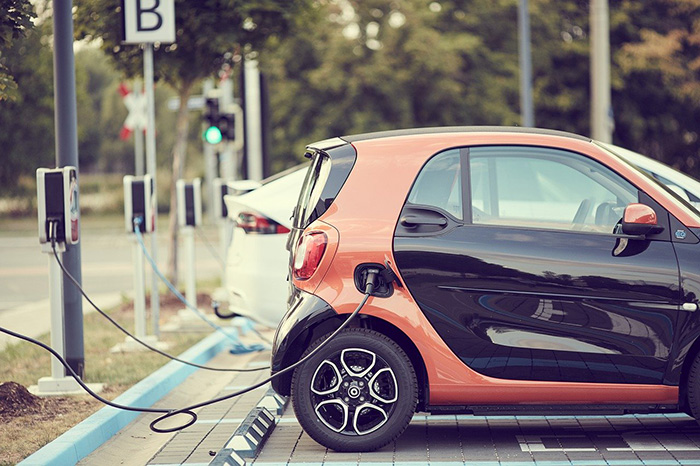
25 May RETROFIT: WHY AND HOW TO CHANGE YOUR THERMAL CAR TO ELECTRIC?
A major element of the ecological transition, the electric car is booming. Faced with this rise in power, the ministry has put in place new regulations. Indeed, since April 03, 2020, it is now possible to transform your current thermal vehicle into an electric car. What is this practice called? What does it consist of? Takagreen answers all your questions!
What is a retrofit?
"Retrofit": this is the name of this mechanical practice during which the thermal engine and the tank are removed and replaced by a battery supplying electricity. A true recycling technique, retrofitting gives new life to a vehicle that was destined to no longer be used. Fuel prices, number of kilometres, pollution: more and more factors are pushing drivers to abandon thermal for electric. Retrofitting then appears to be the ideal ecological and economic solution.
However, this conversion is only authorized for certain types of vehicles: thermal vehicles registered for more than 5 years (cars, buses, coaches, vans and utility vehicles) as well as 2/3-wheel vehicles registered for 3 years.
Transition-One converts your thermal car into an electric car
4 hours and 8 euros is what it takes to carry out a retrofit according to the AIRe association (Actors in the Electric Retrofit Industry). However, government aid ranging from 000 to 3 euros will soon be available to finance this new practice.
Transition-One, a founding member of the AIRe association, has created one of the first prototypes of a thermal car that has become electric.
Once the engine change has been made, the vehicle has the same characteristics as a traditional electric car, while retaining its exterior appearance.
To allow users to preserve their habits, cars converted by Transition One therefore keep their original gearbox. Finally, the autonomy of a retro-rocket car is 100 km, which gives it the status of a city vehicle, intended for short distances.
Like in Germany and Belgium, this sustainable approach is now legal in France.
Transition-One currently estimates the number of retrofits to be 2000 in 2020. Economical and ecological, the ambition of the associations is therefore to allow users to switch to sustainable mobility without reinvesting in a new vehicle.
visit website Transition One
Read the official decree

